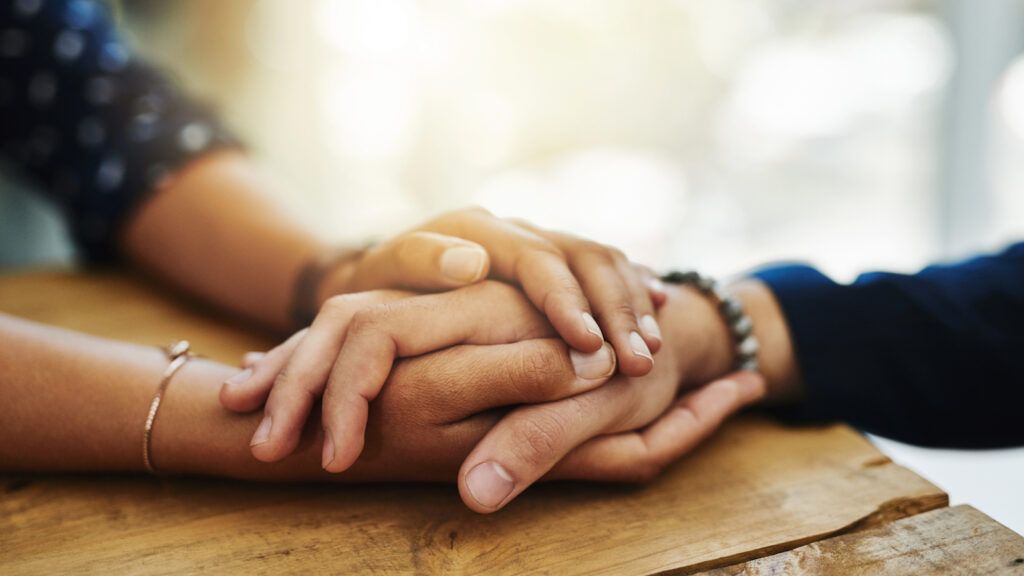Have you ever been betrayed by someone close to you and sworn that you would never forgive them? No matter your religious traditions, family upbringing or profession, forgiving others can be one of the hardest things to do.
Why is that? When others hurt us, the pain can drive our decisions and actions. Our self-esteem is wounded, and our defensive walls rise to protect us from more pain. The last thing we want to do is forgive the person who caused our spiritual and emotional ache.
The memory of betrayal stirs up pain, shame and anger and often causes us to seek revenge or show indifference. But dwelling in the past stops us from living in the present and planning for the future. We keep looking at the rearview mirror, seeing the person hurting us.
We may feel as if forgiving others makes us look weak, that we are letting the person who hurt us off the hook, that they should also suffer and be humiliated. We tell ourselves that strong people don’t forgive those who hurt or offend them. “You got me once, but never again.” We may feel we let our guard down and as a result, we were taken advantage of. Or we may fear that if we do forgive, they will hurt us again or that others will think less of us for doing so.
But forgiving others is a courageous act; it’s for the strong. It means we take the higher moral road. When we allow ourselves to forgive others, we free ourselves from the pain, anger and bitterness that only make matters worse.
And though it is hard to achieve, we must remember that we are only human and so are those who have hurt us. When we are on other side of the equation and have hurt others, we will need their empathy and grace. Finally, we should forgive because God forgives us, no questions asked.





